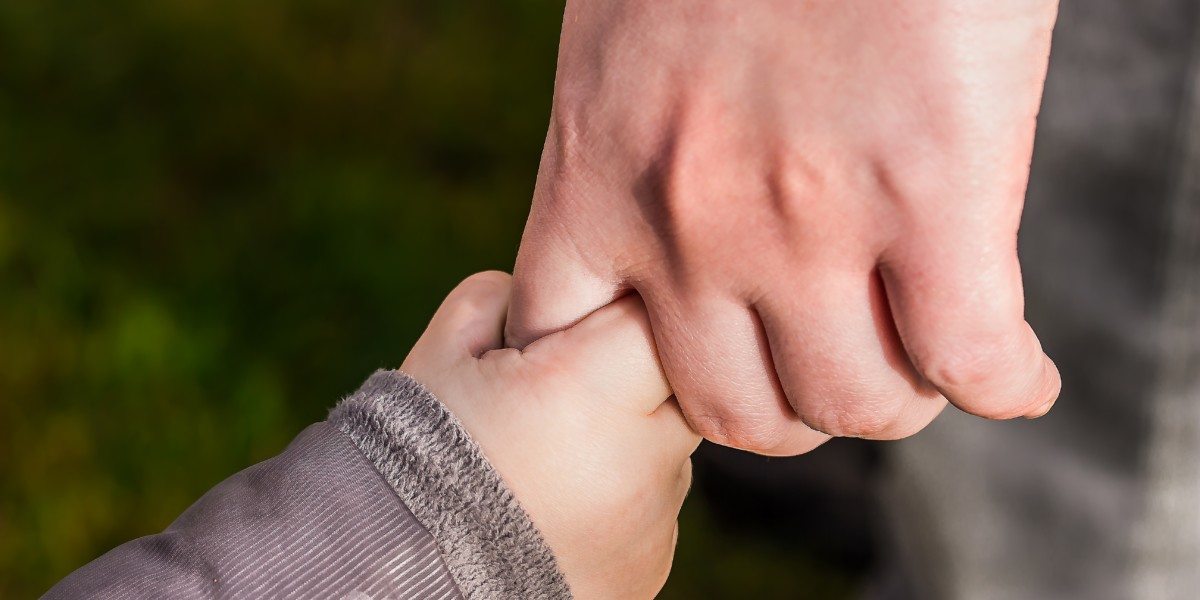Many popular travel guidebooks and websites fail to provide details on whether certain destinations or activities are accessible to people with disabilities. To help you plan a vacation that your entire family will be able to enjoy regardless of their specific needs, check out these online resources: Lonely Planet’s Accessible Travel This pdf is available […]
Euro-Peds Foundation Hosts Third Annual First-Step Gala
The Euro-Peds clinic, established in 1999, was the first intensive pediatric physical therapy clinic in the U.S. It was inspired by Michigan parents who had traveled to Poland so their daughter could have intensive therapy – they were so amazed by her improvement that they convinced the North Oakland Medical Centers (NOMC) to open a […]
Window of Time to Provide Hypothermia Therapy May Be Longer Than Previously Thought
The only treatment that can truly prevent or reverse damage from hypoxic-ischemic encephalopathy (HIE) is hypothermia therapy, also known as cooling treatment. Hypothermia therapy is known to save lives, as well as reduce permanent brain damage. Traditionally, it has been thought that hypothermia therapy must be administered within six hours of birth in order to […]
Education Secretary Betsy DeVos Rescinds 72 Documents on Disability Rights
U.S. Education Secretary Betsy DeVos recently rescinded 72 policy documents that focus on the rights of students with disabilities. Several of these documents have been around for decades. These documents were written to clarify students’ rights under the Individuals with Disabilities Education Act (IDEA) and the Rehabilitation Act. This action can be linked back to […]
Romper’s “Now You See Us” Series: Honest Accounts of Parenting Children with Disabilities
Romper.com, a website geared toward millennial mothers, publishes engaging stories about child-rearing and other topics. They emphasize two things that set their platform apart from other parenting websites: 1) that they focus on women “not just as parents but as people,” and 2) that they highlight stories from mothers whose voices “don’t always get heard.” […]


